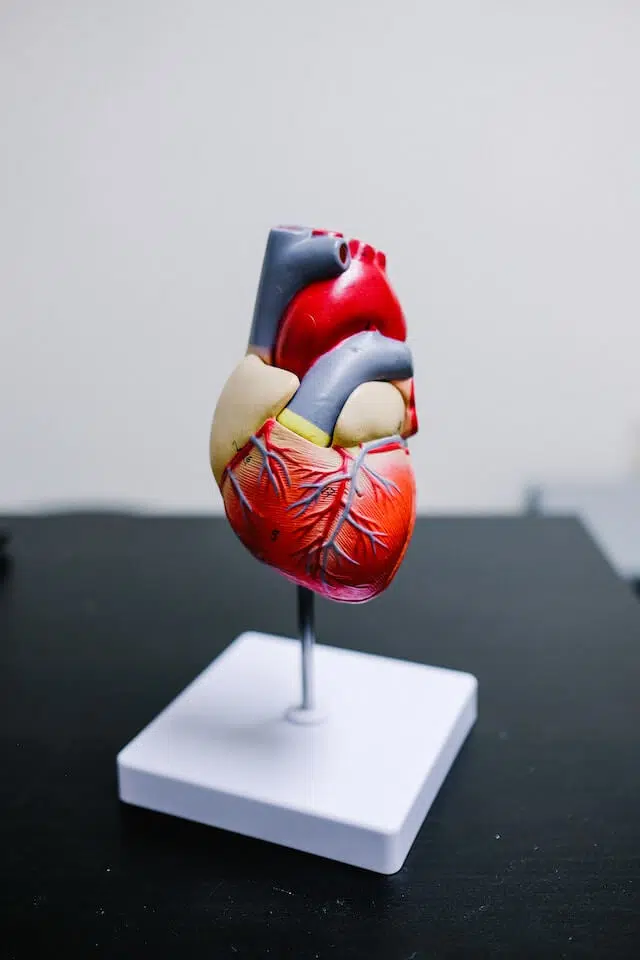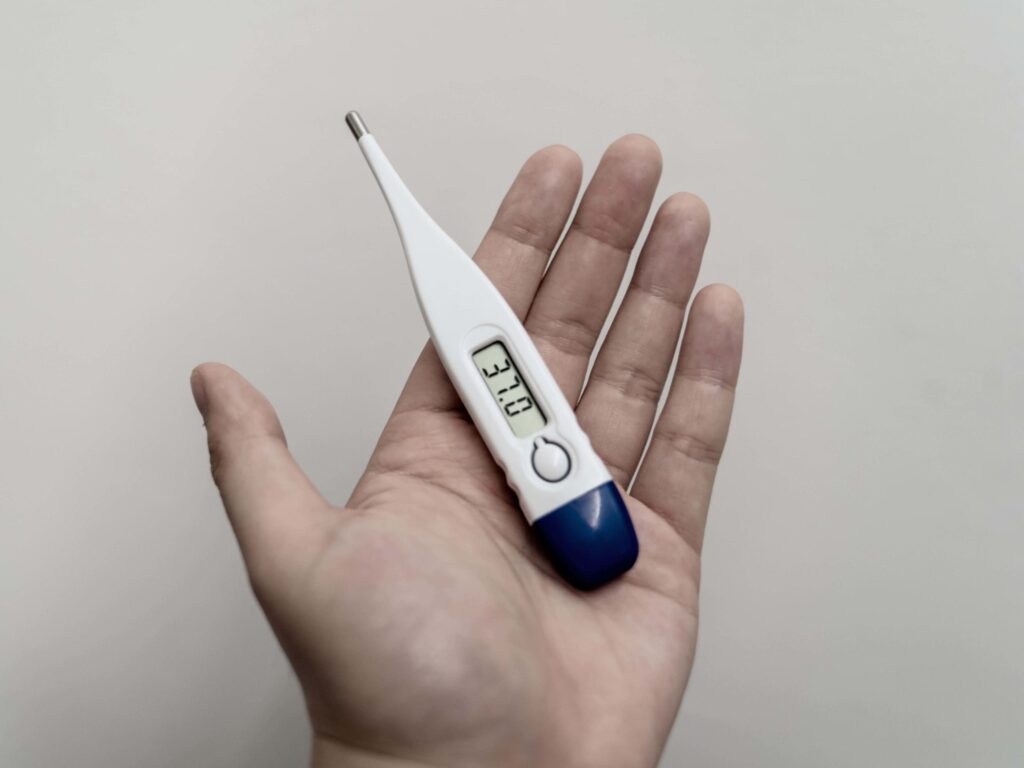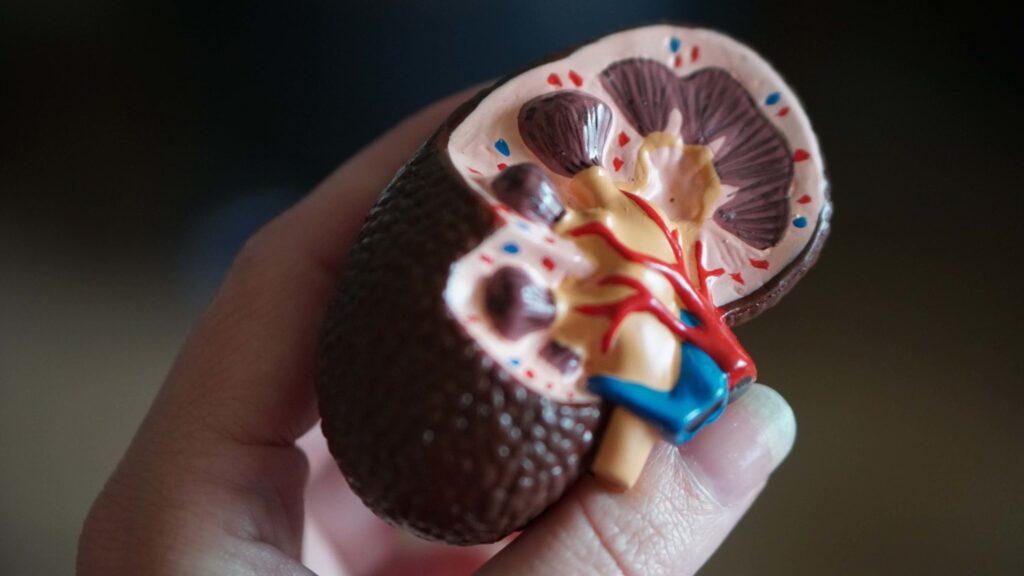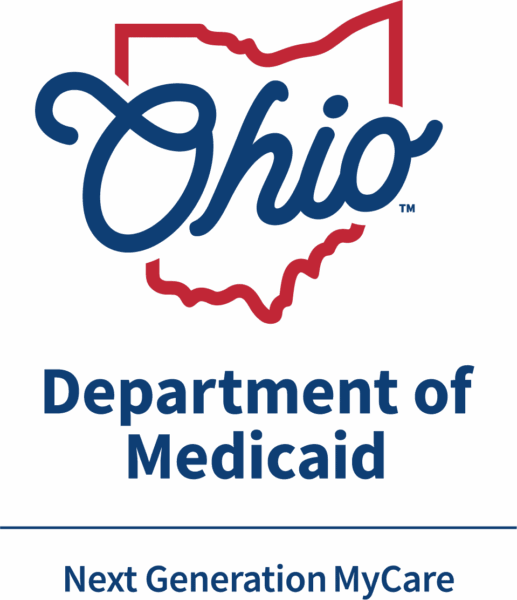
What Is a Heart Attack?
You might also hear your doctor refer to a heart attack as a myocardial infarction. This happens when part of the heart muscle doesn’t get enough blood. The more time that passes without blood flow, the greater the damage to the heart.
The main causes of a heart attack include coronary artery disease (CAD). Heart attacks can also be caused by severe spasms, sudden contractions, or anything that causes blood flow to the heart muscle.
Heart attacks are often caused by lifestyle factors that a person takes that reduce their health and cause their heart to not be able to function as well. Heart attacks can also be caused by genetics and heredity factors though that you can’t control.
Symptoms of a Heart Attack
There are many symptoms of a heart attack. These are the most common ones to watch out for:
● Chest Pain. Discomfort is usually felt in the center of the left side of the chest. It may last for a few minutes or more and go away and then come back. It can feel like pressure, squeezing, fullness, or pain.
● Feeling weak. You might feel like you’re going to faint or feel light-headed. You might also feel like you are sweating cold.
● Pain in the jaw, neck, or back. Heart attacks cause pain not only in the chest.
● Pain or discomfort in one or both arms or shoulders. The pain from the chest will often radiate into the arms and shoulders.
● Shortness of breath. This may happen before or after the chest pain starts.
These are some of the most common symptoms, but you might also experience nausea, vomiting, and extreme tiredness. Many people think that heart attacks come with massive amounts of pain, but this isn’t always true.
Heart attacks don’t always happen with general discomfort. This means you or your loved one might have a heart attack and not even realize it at first. This is why it’s extremely important to know the signs and symptoms before they happen.
What Should I Do If Someone is Having a Heart Attack?
If you or someone you see is having a heart attack, you need to call 911 immediately. If someone gets to an emergency room as soon as possible, they can reduce the amount of damage to the heart muscle. Even if you aren’t sure the person is having a heart attack, it’s better to call 911 and have the paramedics check them.
Paramedics will have all the equipment necessary to get the heart pumping again and will be able to take the person to the emergency room. The chances of surviving a heart attack are much higher as soon as emergency treatment begins.
The most important thing to remember is to get help as soon as possible.

Lifestyle to Prevent a Heart Attack
The good news is that there are many ways a person can prevent heart attacks. Following the protocols and tips below will ensure you are able to possibly prevent a heart attack. Almost half of all Americans have at least one of the 3 main risk factors of developing heart disease and having a heart attack.
The three main risk factors are high blood pressure, high cholesterol, and smoking. Genetics and family history can’t be controlled, but there are some things that you can do to limit your risk. Try to follow the guidelines below:
● Stop Smoking. Cigarette smoking can damage the heart and blood vessels. This increases your risk for heart disease. The nicotine in cigarettes can also raise blood pressure. The carbon monoxide in cigarette smoke can also reduce the amount of oxygen that your blood can carry. Remember that secondhand smoking can also increase your risk of a heart attack.
● Good Nutrition. Eating certain foods can lower your blood pressure and cholesterol levels. This will decrease your risk of having a heart attack.
● Reduce cholesterol. Extra cholesterol can build up in the walls of your arteries including the ones in the heart. This will decrease blood flow and can cause a heart attack. There are two main types of cholesterol. One is called LDL and the other is called HDL. LDL is the number you need to be more concerned with. Your health care center can do a cholesterol blood test. High cholesterol often has no symptoms so you should check them often.
● Lower high blood pressure. The pressure of your blood in your arteries and blood vessels can become too high which will affect your heart. High blood pressure can cause heart attacks. Check your blood pressure often as there are often no symptoms of elevated levels.
● Be physically active every day. Staying physically active will make sure you are maintaining a proper weight. This keeps your heart healthy and will ensure you have less of a chance of experiencing a heart attack.
● Maintain a healthy weight. If you are overweight, you will most likely also have high blood pressure and diabetes. This can cause a heart attack.
● Manage diabetes. If you don’t manage your diabetes, sugar can build up in the blood. You need to manage your diabetes if you want to reduce your risk of heart disease.
● Reduce stress. Stress can cause blood pressure can raise. It can also keep you from sleeping and put your mental state in a bad condition. This might increase your chances of a heart attack.
● Limit alcohol. High levels of alcohol can increase your blood pressure and your triglycerides. This will increase your chances of a heart attack. Women are advised to only have one drink a day while men are advised to have only two.
● Take medication if necessary. If you have high blood pressure or another risk factor that puts you at risk for a heart attack, ask your doctor if there is some medication you can take to reduce the symptoms.
● Know if and when you are at risk of a heart attack. If you have several risk factors for heart attacks or have a history of heart attacks in your family, then it’s more likely that you will experience a heart attack as well. Knowing your family history will help you manage your health better.
Avoiding Foods that are High in Saturated Fat
Foods that have a high content of saturated fat will increase your cholesterol levels. High cholesterol levels will put you more at risk of having a heart attack. Try to avoid these foods:
● Pies
● Fried foods
● Sausages and fatty cuts of meat
● Butter
● Ghee (a different type of butter often used in Indian cooking)
● Lard
● Cream
● Hard Cheese
● Cakes and biscuits
● Foods that contain coconut or palm oil
Remember that it’s okay to have these foods sometimes, but they usually should be avoided to keep your health in optimal condition.
Foods that Prevent a Heart Attack
There are many types of foods that can prevent a heart attack. Remember that eating these foods should be done in addition to following other tips like exercising often, taking any medication that you have been prescribed, and watching for signs and symptoms of heart attacks.
Here are some examples of some foods that you can eat:
● Eat plenty of fruits and vegetables. Fresh is better than frozen although it may be more expensive in some cases.
● Fiber-rich foods are also best such as whole grains.
● Fish should be consumed twice a week. Oily fish is better.
● Nuts
● Legumes
● Some meals should be consumed without meat. Not every meal has to have a meat source.
● Fat-free or reduced-fat dairy
● Skinless poultry that’s not fried
● Limit red meat
● Limit sugar-sweetened beverages
If you want to eat meat, choose the leanest cuts available. Try to only drink soda or alcohol less often or on special occasions. Changing your diet can be hard, so don’t try to do too much at once. Trying to change too many things will make it harder to overall change your lifestyle.
Start slowly and eventually progress to a completely new diet. You will find that over time, you will want to consume less meat and less sugar as your body will stop craving it as much.
Final Thoughts
Preventing a heart attack is possible if you follow certain guidelines such as eating better, exercising often, and checking your cholesterol and blood pressure often. If you have a family history of heart disease, you also need to take special precautions and follow the guidelines in this article even closer. If you think someone is having a heart attack, call 911 immediately.








